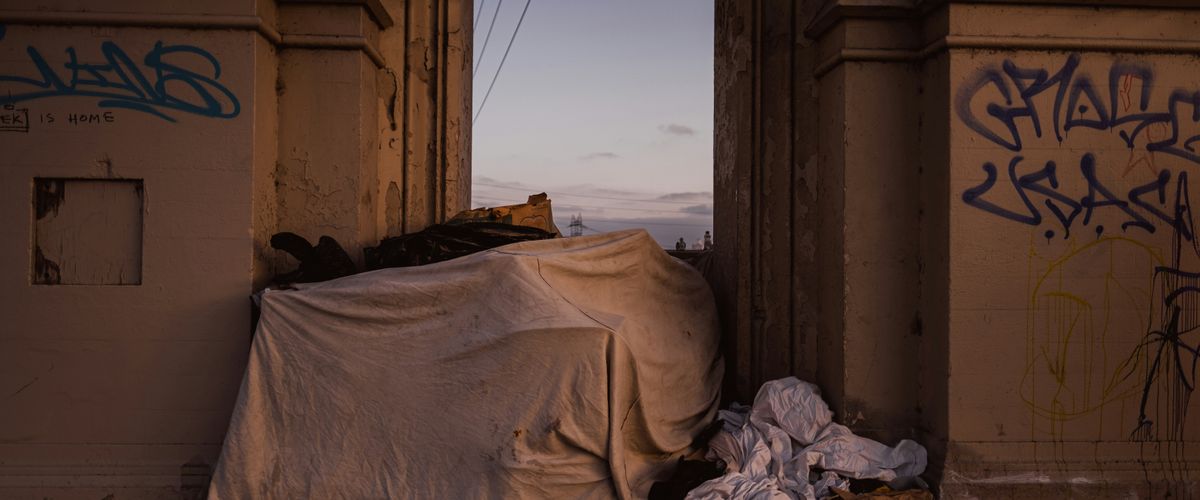 By: Doruntina Zeneli
By: Doruntina Zeneli
On Wednesday April 17, Tom Byrne, Laila Bernstein and Joe Finn joined the Initiative of Cities to speak about how homelessness impacts Boston and other cities throughout the U.S. Each speaker suggested several plans to resolve chronic homelessness through initiatives such as Permanent Supportive Housing and subsidized housing.
Tom Byrne, Assistant Professor of Social Work at Boston University, started analyzing the age cohort effect of single adult males across various time periods. Those born between 1955 and 1965 experienced increased risk of homelessness. According to Byrne, homelessness amongst the 65+ age cohort had increased threefold in Boston this year. Furthermore, he utilized the Zillow Rent Index to understand homelessness in a broader context. He explained the relationship between median rent as a share of median income in cities. There was a positive relationship between these two variables. When median rent was greater than 32% of median income, the rate of homelessness in the local community increased.
Additionally, in about 54 communities like Boston, New York City, Atlanta, Los Angeles and other densely populated cities, they accounted for 15% of the U.S population and 48% of the homeless population. As a result of this, Byrne suggested some solutions such as Permanent Supportive Housing, which provides affordable housing and stabilization services for those who are experiencing chronic homelessness.
Laila Bernstein, Deputy Director for the Supportive Housing Division & Advisor to the Mayor for the City of Boston, presented current initiatives to end chronic homelessness within Boston. She focused on the Front Door Triage. In this program, a worker would assess the specific needs of the individual in crisis and direct that person to the appropriate resources. The main goal would be to divert them from homelessness and return to housing as quickly as possible.
In addition, other methods included Rapid Re-housing, which prevents long episodes of homelessness. Bernstein also suggested working with landlords in cities to provide prioritization of housing units to those in chronic homelessness. Overall, the City of Boston’s objectives include making homelessness rare, brief, and non-repeating and employing peers to share their stories.
Similarly, Joe Finn, President and Executive Director of the Mass Housing and Shelter Alliance, shared his insights into his organization. MHSA is a nonprofit public policy advocacy organization dedicated to ending homelessness in Massachusetts. Similar to Bernstein, Finn advocated for appropriate resources to be provided to those who are homeless and are discharged from institutions like healthcare facilities and prisons. He also mentioned comparable solutions which included rapid re-housing, and permanent supportive housing.
